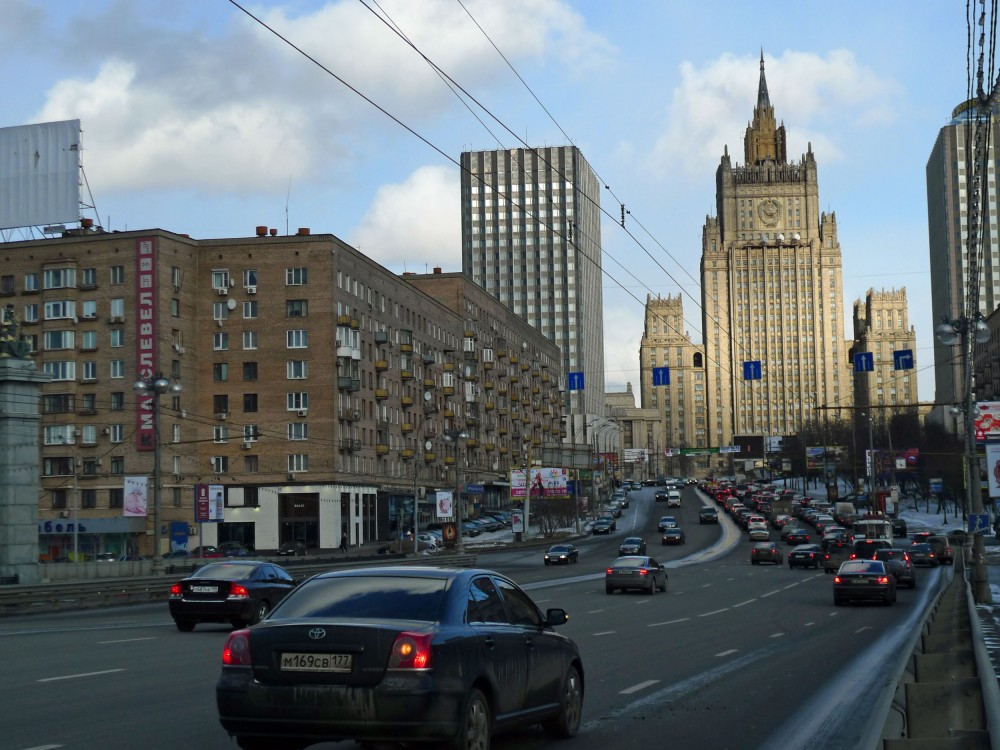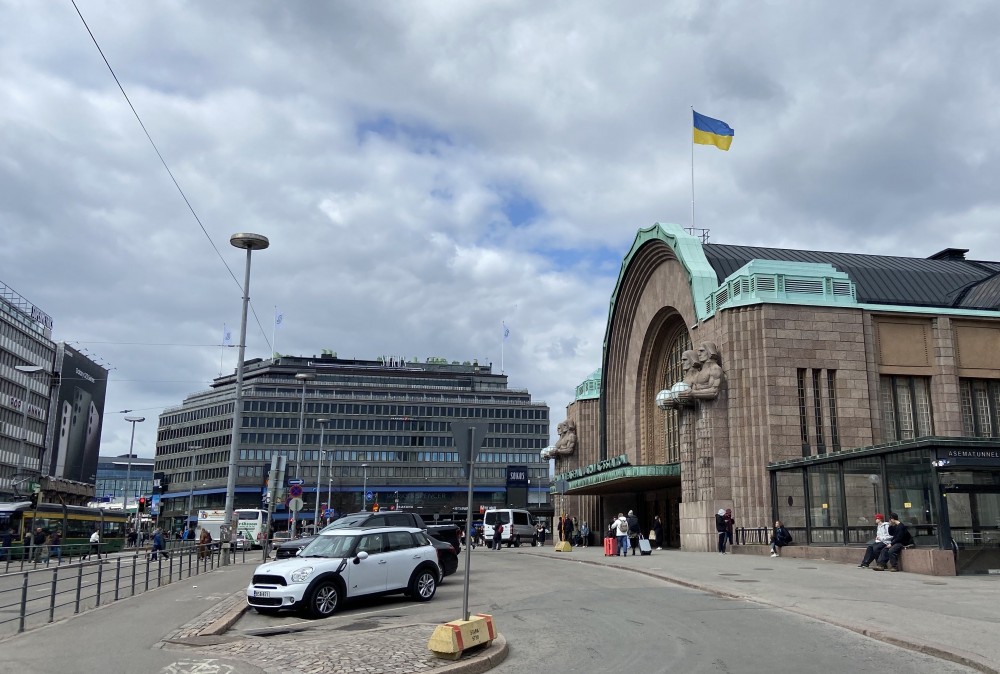Moscow expels nine Finnish diplomates in retaliation move, closing St. Petersburg consulate
Russia’s Foreign Ministry called on the Finnish Ambassador and delivered a “strong protest” against the “confrontational anti-Russia policy” pursued by Helsinki.

“Finland’s entry into NATO poses a threat to the security of the Russian Federation,” a statement published by the Foreign Ministry reads.
Finland’s Ambassador to Moscow, Antti Helanterän, was summoned to the ministry on Thursday and told that nine diplomats will have to leave Russia as they are declared “persona non grata”.
The nine are from both the Embassy in Moscow and the Consulate General in St. Petersburg.
Russia simultaneously told Finland to close the doors at the Consulate General in St. Petersburg. Only a few years back, this particular diplomatic mission was the one issuing most Schengen visas to Russian citizens. Finland is given until October 1 to end all diplomatic presence in Russia’s second largest city.
President Sauli Niinistö writes on Twitter that the expelling of diplomats and revoking the agreement on the Consulate General in St. Petersburg are “a harsh and asymmetrical response” to Finland’s expelling decision.
Niinistö says Finland is “preparing a similar measure” and hints to revoking Russia’s right to have a Consulate General in Turku.
Newly appointed Foreign Minister, Elina Valtonen, says on Twitter that Russia’s tit-for-tat move is “an exaggerated response.” She more than hints that the future of Russia’s Consulate General in Mariehamn at Åland now is in jeopardy.
Moscow blames Finland
The Foreign Ministry puts all blame on Finland for the current turmoil in diplomatic relations:
”The confrontational anti-Russian policy pursued by the Finnish authorities, aimed at breaking down the Russian-Finnish relations of mutually beneficial cooperation that have been formed for decades, breaking off multifaceted trade, economic and interregional ties, direct contacts of citizens, discrimination against Russian on the basis of national origin in matters of issuing entry visas, creating obstacles to the normal activities of Russian missions in this country, including the reduction of their staff by declaring employees “persona non grata”, the non-diplomatic wordings from Moscow states.
It was on June 6 Helsinki told the Russian ambassador to send home nine diplomats from Helsinki saying they were working on intelligence missions “contrary to the Vienna Convention on diplomatic relations.”
A wave of consulate closures
Revoking autorization from Finland’s Consulate General in St. Petersburg adds to a growing list of closing consulates in northern Europe since May this year as diplomatic relations worsen.
- Russia tells Sweden to close the consulate in St. Petersburg and closes its own consulate in Gothenburg.
- Russia revokes agreement with Finland on consulate in Petrozavodsk and consulate office in Murmansk. Closes its own consulate in Lappeenranta.
- Germany orders Russia to close four out of five consulates in Germany. Moscow’s response means closure of German consulates in Kaliningrad, Yekaterinburg and Novosibirsk.
- Iceland closes its Moscow Embassy and tells Russia to minimize its activity in Reykjavik, including the departure of the Ambassador.
Hundreds of Russian diplomatic officials are kicked out of Europe since the full-scale invasion of Ukraine last year, with Moscow expelling Western diplomates in retaliatory moves.
Russian disinformation
In its statement on Thursday, Russian Foreign Ministry repeats the lie about its war of aggression on Ukraine and says in an upside-down argument that Ukraine waged a war on Russia.
“[… Helsinki was] encouraging the Kyiv regime to go to war,” the statement reads and says Finland is “pumping it up with Western weapons” by Moscow considered to be a “clearly hostile action.”

Located in Kirkenes, Norway, just a few kilometres from the borders to Russia and Finland, the Barents Observer is dedicated to cross-border journalism in Scandinavia, Russia and the wider Arctic.
As a non-profit stock company that is fully owned by its reporters, its editorial decisions are free of regional, national or private-sector influence. It has been a partner to ABJ and its predecessors since 2016.
You can read the original here.